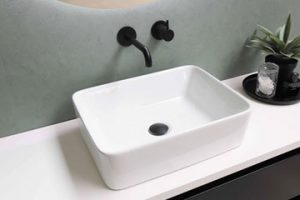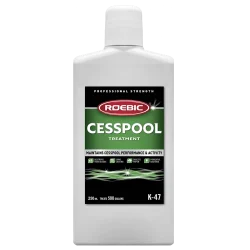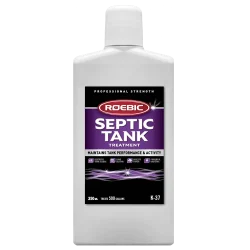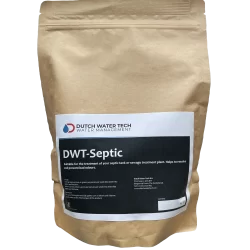Home » Knowledge base » Septic Tank Water
Septic Tank Water
What types of wastewater are discharged?
A septic tank can contain different types of water. These types of wastewater are distinguished based on the waste products that end up in the water.
With septic tanks, the following waters are distinguished:
- Black water
- Grey water
Black Water
This is the case when only toilets are connected. Black water is toilet flush water that consists of rinse water, urine and feces. Black water owes its name to the colour it usually gets from the waste products it contains.
This type of wastewater contains the following substances, among others:
- organic substances
- fertilizers
- drug residues
- toilet paper
- hormones
- pathogenic bacteria from urine and faeces
- large amount of rinse water

Grey Water
Grey water consists of a collection of bath water, shower water, washing machine water, dishwasher water and water from the sink in the kitchen. In practice this means all the water that is flushed away in the house (except for the toilets). Grey water has a very diverse composition compared to other wastewaters. This is of course due to the fact that many different systems are connected to it. In terms of wastewater treatment, it is important to know that there is soap in the water.
This water may consist of the following substances, among others:
- Soap residue
- Metal particles from the pipes
- Copper particles from the pipes
- Cosmetics
- Hair
- Skin Flakes
- Fat
- Cleaning products
- Food waste
- Detergent/Dishwasher detergent

Other types of wastewater
Our recommended products for your septic tank
-
DWT-Septic Plus – Septic Tank Bacteria – 1kg
Cesspool Bacteria Treatment £57.45 £47.88 (excl. VAT) Add to basket -
Roebic K37 Septic Tank Treatment | Concentrated Formula
Septic tank bacteria £27.95 £23.29 (excl. VAT) Add to basket -
DWT-Septic – Septic Tank Additives – 1kg
Cesspool Bacteria Treatment £46.95 £39.13 (excl. VAT) Add to basket





